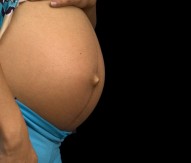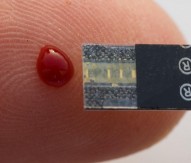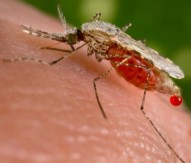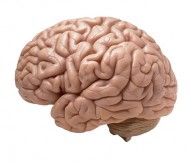
Autophagy research aids neurodegenerative understanding
A Frankfurt research team has successfully decoded molecular details enabling a better understanding of neurodegenerative diseases.
The investigation, led by Ivan Dikic, professor of biochemistry at Goethe University Frankfurt in Germany, focuses on ‘autophagy’ as a central element of cellular quality control. Autophagy literally means ‘self-eating’, and refers to a sophisticated system in which cellular waste is specifically detected, surrounded by membranes and removed. Typical targets are harmful or superfluous proteins or cell organelles, even pathogens such as bacteria or viruses can be eliminated via this pathway.
Working with other researchers in Germany and the Netherlands, the team identified a new autophagy receptor, the so-called ‘FAM134B’ protein. The researchers report a new function of FAM134B in the constant renewal of the endoplasmic reticulum (ER), an important cell organelle; FAM134B ensures proper breakdown and disposal of dysfunctional ER.
Speaking about the study, Dikic said: “Too little FAM134B leads to an uncontrolled dilation and expansion of this organelle, which is harmful for the cell. The discovery of FAM134B as a new autophagy receptor is already a milestone. Even more exciting is the connection to a rare neuronal hereditary disease.”
It has already been demonstrated that mutations in FAM134B cause the death of sensory neurons in a disorder called hereditary sensory and autonomic neuropathy type II (HSAN II), a very rare hereditary disease in which both pain and temperature sensitivity and perspiration are impaired.
Adding further thoughts, Dikic commented: “The mutated protein cannot function as a receptor. With these discoveries, we have taken a big step to understanding the molecular causes of this neuropathy. At the same time, the importance of autophagy in cellular quality control is underlined.”
Further research has also been carried out in regards to the neurodegenerative disease ALS. Scientists discovered that mutations in a specific enzyme, Tank-binding kinase (TBK1), occur more frequently in families with ALS. The Dikic lab was involved in clarifying the function of TBK1 and was able to show that the mutations found in patients interrupt the interaction of TBK1 with the autophagy receptor optineurin. Optineurin is involved in the elimination of aggregated proteins and bacterial infection defense, amongst others.
Full details can be found in the latest online issue of the journal Nature. In 2010, Dikic won an advanced investigator grant from the European Research Council.




